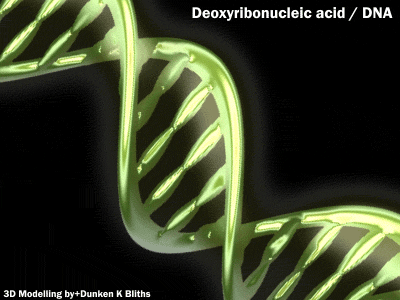
TM
GERMAN SHEPHERD DOGS
(Working Lines)
"The breeder on a small scale, one who works with one or two bitches, is the most suitable breeder for working dogs because he can care for his breeding animals and their progeny… and can produce sound strong animals that can be trained."
Captain Max von Stephanitz
(Founder of German Shepherd Dogs)
A.N.K.C. - Dogs Victoria (Registration# 3100034530)
Animal Welfare Victoria (Source Number# RB100917)
ABOUT US
JOHN V. MCINTOSH
My name is John Victor McIntosh and I was born in 1950. I have a background in Importing and Exporting compliance (particularly in the Automotive Industry) and cost minimisation, which evolved into related Information and Communications Technology and then into International Travel and Tour operations and related technologies, specialising in European destinations. This gave me great opportunities to travel to several European countries for which I now have a great passion for exploring and appreciating.

However, entering into the new millennia, I found that I was becoming impeded with heart conditions that impacted on my working capabilities, so I decided to take on activities outside and away (but not totally) from my devotion to Information and Communication Technologies, to a less stressful activity, namely, the companionship of a working line German Shepherd Dog – was I right, I certainly think so! In June 2017, I have had Open Heart Surgery to replace some Heart Valves and improve my physical health, which I'm very grateful for.
VON BIOS – WHY AND HOW?
I started Von BIOS in 2013 after acquiring a working line German Shepherd Dog, VonForell Tess (aka “Tessie”) from Von Forell Kennels in 2009, when “Tessie” was 7 months of age. It didn’t become long before I realised that “Tessie” required a daily regime of play, exercise, education and achievement to a level that I wasn’t providing sufficiently. It should be noted that Tessie is utterly devoted to me, even after being acquired at 7 months of age. An interesting observation.
I started taking Dog Training lessons (2010/2011) with the K9 Company, and the German Shepherd Dog Club of Victoria (GSDCV). In due course, I was persuaded by Kris Kotsopoulos (Von Forell Kennels) and Brad Griggs, who was then with the National Dog Training Federation of Australia (NDTF) to undertake the NDTF’s 2012 Course on Dog Training and Canine Behavioural Management.
Some of these training experiences I found at times, contradictory and confusing when comparing Trainers previous presentations. This can and did impede my understanding of several aspects of dog training and behavioural management. As with many things in life, it is one's own experience that generally overcomes the comprehension of learning.
Despite my above thoughts, there are several members of the Dog Breeding and Training Community, who have contributed to my growing appreciation of the working capabilities that can be achieved with canine and human teams. Some of these persons that have contributed to my knowledge and skill, being, Kris Kotsopoulos, Boyd Hooper, Brad Griggs, Andrew Saliba, Julia Tahourdin, Marilyn Wrigley and Gail Taylor. Others who have provided support, being Heather Hammonds, Greg Bobbins and Simone Dines.
For special mention, I must identify Wendy Seng Hpa (Rally Obedience and ANKC Obedience) and Phil Triantafillou (Schutzhund / IPO) and the team at Eagle Heights Sportdog Club.
The genetic results from selected breeding, environment, diet, exercise, obedience training, dog sports, tracking and personal protection, are all aspects that can have an impact on the continuing development of your breeding canines. Could this be "epigenetics"?
In the event that you need an update on the subject of epigenetics, the following video, "What is Epigenetics", may assist in the appreciation of this relatively new and extremely important science.
This video talks about epigenetics in the context of humans, but it applies to almost all organisms, including canines. I trust that it assists.
"What is Epigenetics"
I've also included an additional video that identifies well-known research involving identical mice (genetically/DNA speaking) and the influences of their significant differences. This video clearly demonstrates how we can apply such influences on the breeding of canines.
"Epigenetics: What Makes Us Who We Are? - Begin Before Birth"
The impact of Genetics and Epigenetics is something that I'm keen to find out a lot more about. I suspect, that apart from reading and viewing materials that may be available, I also feel that with the use of appropriate software, capturing modelling data of not just the canine parents, but the entire litter and their litters and yes, their litters as well, we might obtain a far better appreciation of how we can strategically influence breed improvements.
I'm not personally aware of any Canine Breeders who undertake this direction for breeding research and implementation, but I'm confident that Breeders are moving more and more towards Genetic considerations and likewise, Epigenetics, with DNA assessment and tracking.
This might be considered ambitious by some, but is there really any other way of effectively developing one's breeding plan, without a full array of data, analysed for breeding selection optimisation? I certainly think this is an important part of developing the working line German Shepherd Dog and indeed, probably all organisms. Only time will tell and I may not be around long enough to see the results, favourable or otherwise.




Click on Image to get enlarged view
